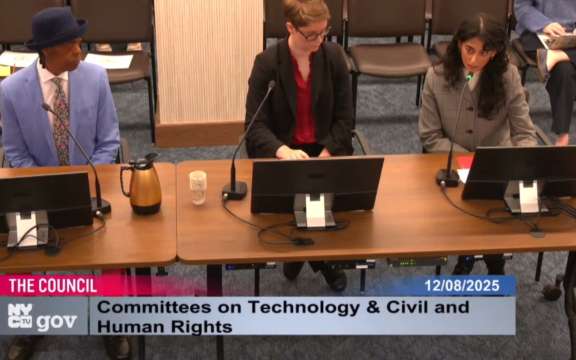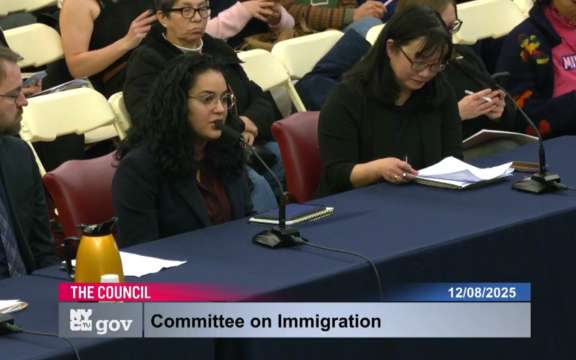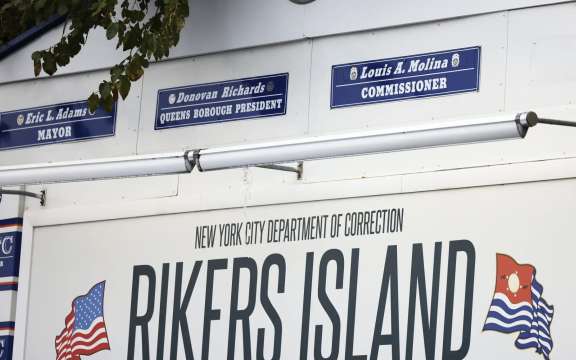BDS Letter to the Board of Correction concerning the Department of Correction Variance Requests regarding Correspondence and Packages
On November 14, 2022, the New York City Department of Correction (“DOC” or “Department”) requested two variances from the Board of Correction (“BOC” or “Board”): a variance from Board Minimum Standards § 1-11(e)(1)(i) that would limit the receipt of physical mail, and a variance from Board Minimum Standards § 1-12(a) that would limit the sources of external packages. The Board plans to vote on these variances at its January 10, 2023 meeting. In advance of the BOC meeting, Brooklyn Defender Services (“BDS”) writes in strong opposition to both variance requests. First, these policies would further dehumanize people in custody by isolating them from crucial family ties and subjecting them and their families to enhanced surveillance. Second, such policies have been shown ineffective at reducing drug use and overdoses and the Department has failed to take more fruitful steps to curb drug use in the jails and save lives. As such, the variance requests represent a drastic overreach by the Department that would significantly harm the well-being of the people in custody and the BOC should deny the variance requests.
...
Under the Department’s proposed mail policy, all non-privileged correspondence will be
sent to a P.O. Box at a vendor’s off-site location to scan the correspondence and forward it to the recipient’s tablet. As such, people in custody will no longer be able to keep physical mail, including photos, children’s drawings, or handwritten letters from family or friends, and instead will depend on access to a tablet to read poorly scanned correspondence. The text of every nonprivileged correspondence will become data retained by Securus Technologies, the private vendor of DOC’s mail scanning program. Under the Department’s proposed package policy, all incoming packages must be purchased from and mailed by a private company whose “ordinary business includes the sale and shipping of such items,” such as Amazon, Target, and Walmart. As such, family and friends, legal providers, and community aid organizations cannot send care packages and vital items directly, but rather must incur additional expenses to use a private vendor. The Department claims these proposed policies are necessary because drugs, including fentanyl, are entering DOC facilities through correspondence and packages. However, the experience of jurisdictions that have instituted similar mail and package policies belie the Department’s contentions, because such policies do not result in a decrease in drug use in the jails.
View the full letter here.
...
Under the Department’s proposed mail policy, all non-privileged correspondence will be
sent to a P.O. Box at a vendor’s off-site location to scan the correspondence and forward it to the recipient’s tablet. As such, people in custody will no longer be able to keep physical mail, including photos, children’s drawings, or handwritten letters from family or friends, and instead will depend on access to a tablet to read poorly scanned correspondence. The text of every nonprivileged correspondence will become data retained by Securus Technologies, the private vendor of DOC’s mail scanning program. Under the Department’s proposed package policy, all incoming packages must be purchased from and mailed by a private company whose “ordinary business includes the sale and shipping of such items,” such as Amazon, Target, and Walmart. As such, family and friends, legal providers, and community aid organizations cannot send care packages and vital items directly, but rather must incur additional expenses to use a private vendor. The Department claims these proposed policies are necessary because drugs, including fentanyl, are entering DOC facilities through correspondence and packages. However, the experience of jurisdictions that have instituted similar mail and package policies belie the Department’s contentions, because such policies do not result in a decrease in drug use in the jails.
View the full letter here.



